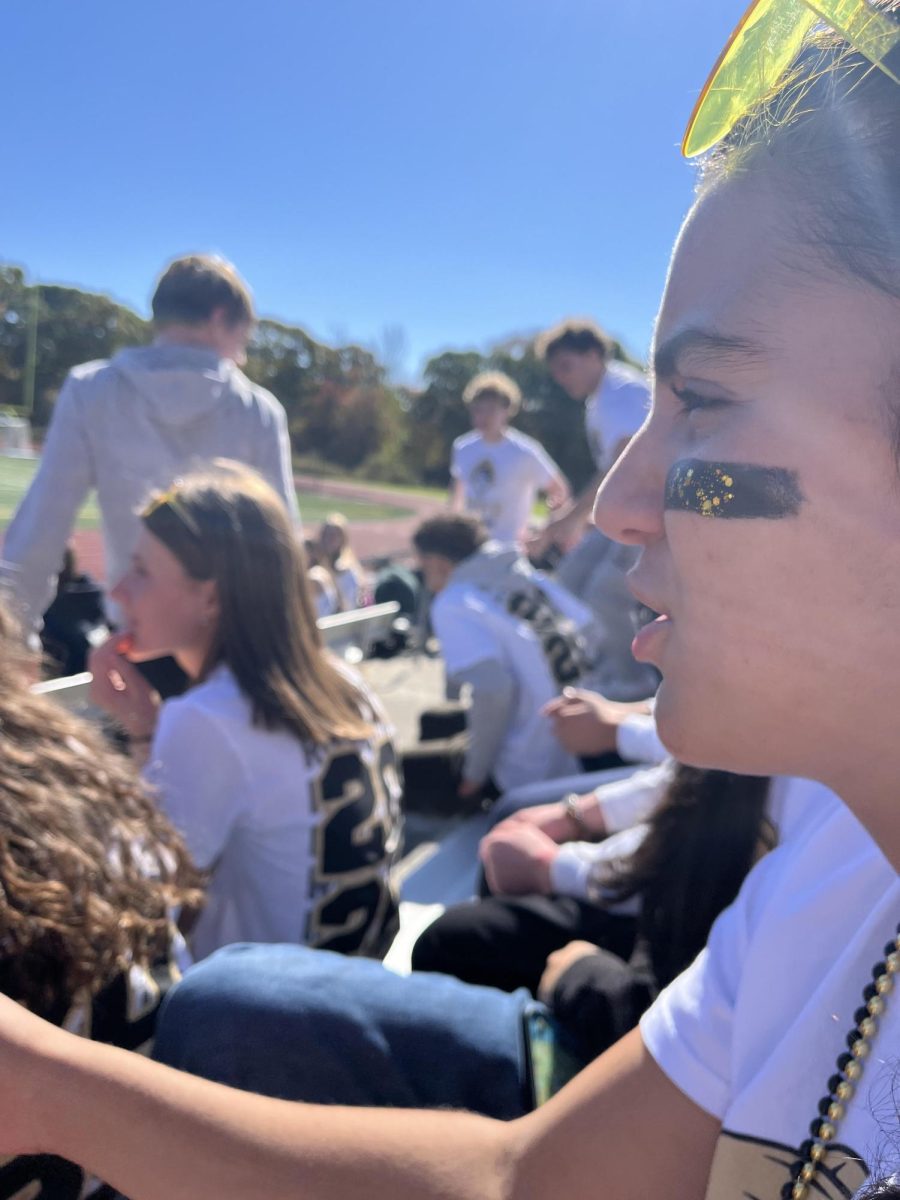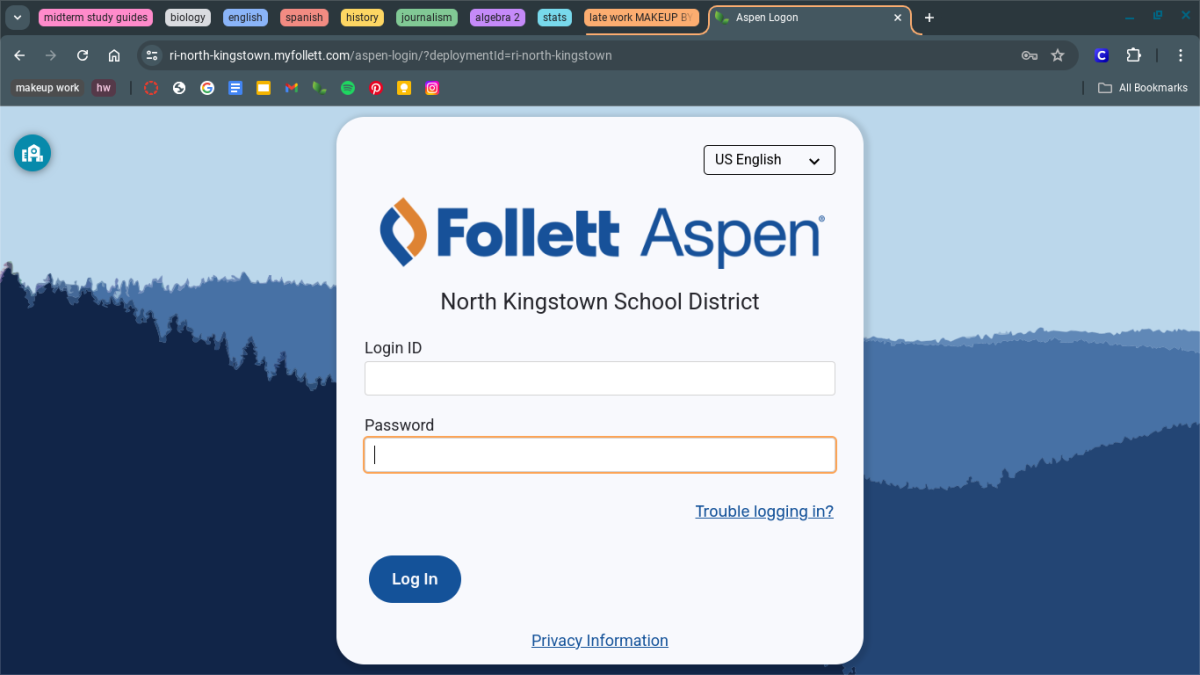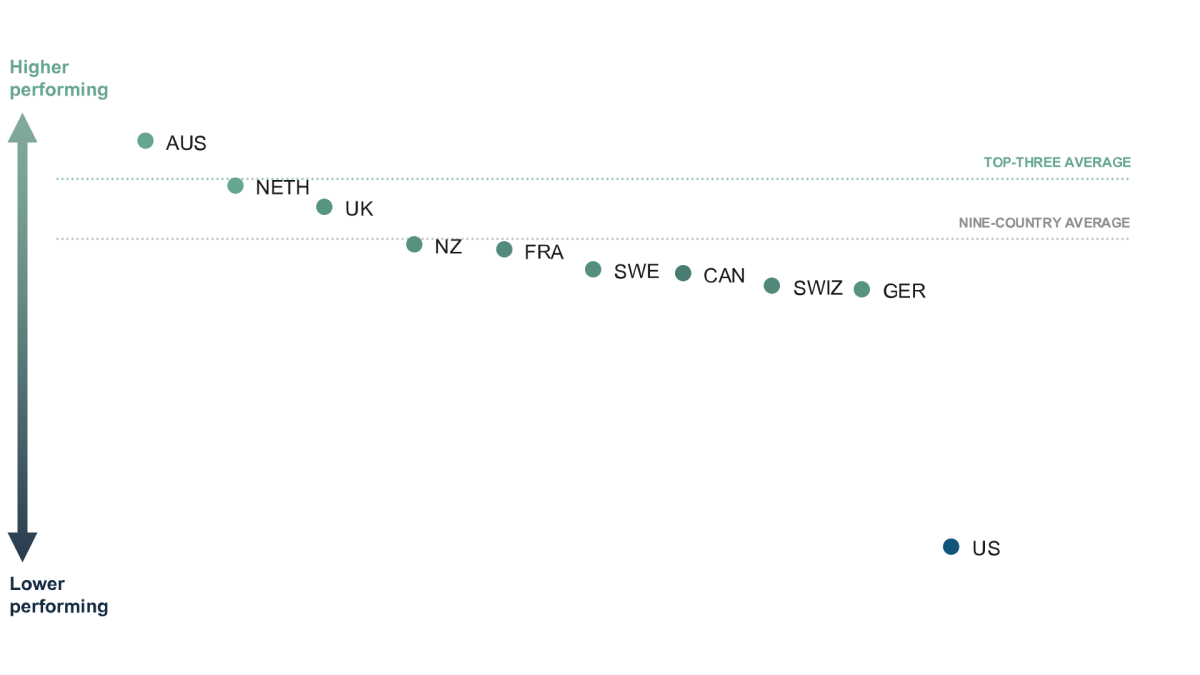How to coexist with your socially conservative family as a snowflake liberal
January 25, 2023
Every holiday season, like many Americans, my mother and I fly west. We drive to Providence, board a scarily small aircraft, and zip through the clouds to Chicago. I love the treacherous, shining buildings, the silky smooth surface of the wide lake that reminds me of the ocean. Yet we leave Chicago behind too soon, venturing southbound to Central Illinois.
There, corn fields spread for miles. Factories litter the landscape, and the river runs brackish. It takes 40 minutes to get from my uncle’s house to the nearest gas station. In short, you’re in the middle of nowhere. So, that leaves a lot of time to fight with your family.
Many nights, I’ve argued with my uncles over the table that we always shared Christmas dinner on. Last year, we got into a particularly heated debate over Kyle Rittenhouse, the teenager who brought a gun across state lines to a Black Lives Matter protest. He had just been acquitted, and my uncles defended him. Nearby Chicago and its gun violence often became a hot topic, too. We fought for hours, my uncles using Fox News and Twitter conspiracy theories as their only source while my aunt marched around endlessly chanting “Guns don’t kill people, people kill people” as her only argument. (I typically counter this overused catchphrase with hypothetical examples, and I feel like I’m skewing the children’s book If You Give A Mouse A Cookie to something morbid like If You Give A Crazy Person A Gun…). I couldn’t understand their side and couldn’t bother to. The next morning, on Christmas, my 10 year-old cousin was gifted a hunting rifle.
My family must sound pretty challenging to most other progressive individuals. In some ways, they definitely are. In others, they’re good people who just need an expanded worldview. Most of them have scarcely left Illinois, and that’s how many Americans are. They’re smart people, they just let their emotions and fears inform their politics, like many of us do. No one, liberal or conservative, is immune to this, and should not pretend they are.
A common battle strategy for political holidays is just not discussing it. My mom and I have tried this tactic, but our argumentative family members make it impossible, and frankly, you shouldn’t let your own family off the hook that easily either. If you ignore pressing human rights issues — such as gun control, the BLM movement, illegal immigration, and more — you’re enabling their ignorance. If you consciously skate away from a conversation that doesn’t involve your own race, gender, sexual orientation, or religion coming under attack, your ability to ignore the social issues that don’t affect you is privilege. In this day and age, ignorance is another pandemic we have to overcome.
Sometimes, I like to think of my conservative relatives as a gift, because they allow me to become more informed on opposition in our nation and where the other side is coming from. I’ve learned that ideas are more fluid than Democrat and Republican. I’ve learned that I can still play board games and hug my family after yelling at them about human rights.
Nonetheless, not all families can function this way, and not all facets of conservatism should be tolerated. Finding that bridge between familial love and disagreement is very difficult, but it is always necessary to not only surround yourself with people of the same views, but also many of completely opposite sides.
So, see your potentially problematic relatives for the holidays and have these contentious discussions. While acutely frustrating, you’ll come out of them a much calmer, controlled persuader and more aware of how our country got so polarized. And, maybe, you’ll have new ideas on how you can combat this divisiveness.











